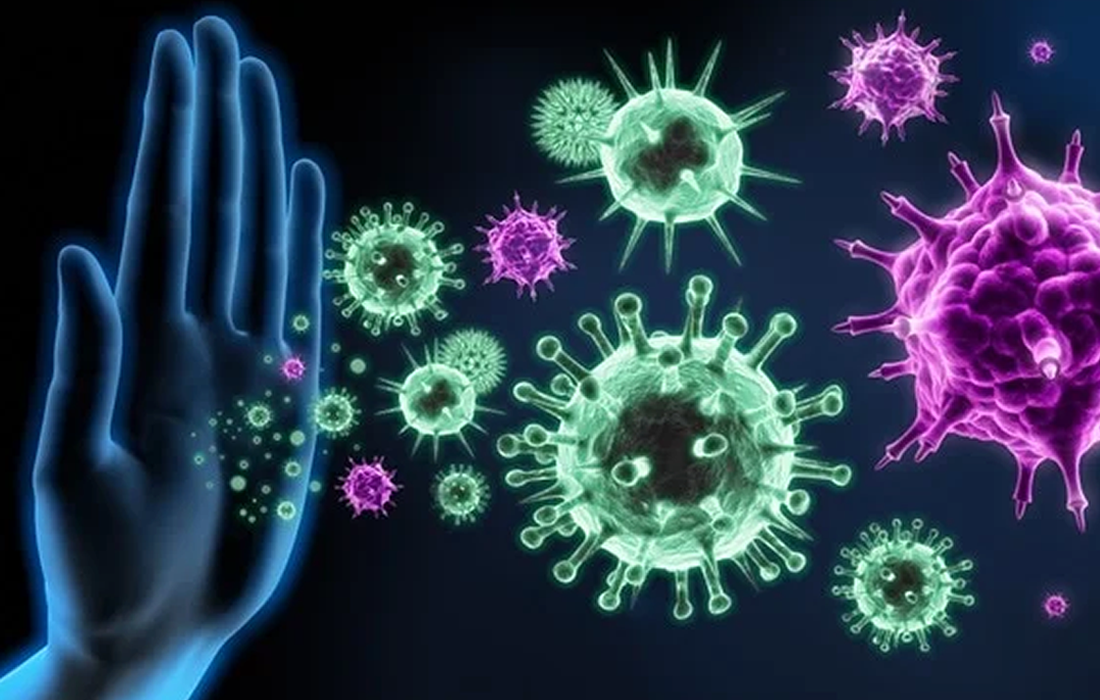Regenerative Medicine News and General Information
Interactions Between Mesenchymal Stem Cells and the Immune System
Mesenchymal stem cells (MSCs) are multipotent cells that can be isolated from various adult tissues such as the bone marrow, umbilical cord, adipose, peripheral blood, liver and tooth root.
MSCs bring new enthusiasm for regenerative medicine and immune disorder-related diseases because they are convenient to isolate, have strong self-renewal abilities and have multipotent differentiation abilities. They are normally free of complications.
They can directly replace damaged tissues through differentiation. Different studies have shown successful promotion of tissue regeneration, including liver, kidney, heart and pancreas through the administration of MSCs.
These cells are capable of interacting with various types of immune cells, some of these cells are:
- T cells: these cells are distributed throughout tissues. They are derived from hematopoietic stem cells in the thymus. It plays a key component of the adaptive immune system, protecting against infections and malignancies, but also mediating a number of autoimmune conditions. Some studies have demonstrated that MSCs can potentially inhibit T cell proliferation.
- B cells: these cells are another hallmark effector cells of the adaptive immune system. They can proliferate and differentiate into activated antibody-producing cells and memory cells to mediate and sustain protection against foreign pathogens. MSCs are capable of suppressing the proliferation, differentiation, and activation of B cells.
- Dendritic cells: these cells work as antigen presenting cells. They take an antigen (any substance that induces the immune system to produce antibodies against) and present it on their surface to other cells of the adaptive immune system. Different studies have shown the ability of MSCs to suppress the ability of these cells to activate T cells. They can also inhibit the migration of dendritic cells and decrease their formation of inflammatory cytokines (small proteins involved in controlling the activity of immune cells).
- Macrophages: these cells are critical in the first line of response against pathogens (innate immunity). Various in vitro studies have demonstrated that coculture of macrophages with MSCs led to the generation of M2 macrophages, which secreted high levels of IL-10 (an anti inflammatory cytokine), and low levels of various inflammatory cytokines.
- Neutrophils: key players during acute inflammation. They are abundantly found in the bloodstream and are recruited to sites of injury after a few minutes of happening. It is speculated that MSCs can facilitate neutrophil migration to inflammatory sites, contributing to the resolution of infection and inflammation.
- Mast cells: generally considered as the major effector cells in allergic reactions, but they have been implicated in other inflammatory diseases. The use of MSCs have shown a decrease in their degranulation (release of different proinflammatory substances), release of cytokines and chemotaxis abilities (ability to attract other immune cells to the site).
As we can see, mesenchymal stem cells possess potent immunomodulatory properties that provide considerable possibilities to improve tissue regeneration and to treat different immunological disorders, such as type I diabetes, rheumatoid arthritis, ulcerative colitis and Cronh’s disease with effective outcomes in several cases.
Source:
Li, N., Hua, J. Interactions between mesenchymal stem cells and the immune system. Cell. Mol. Life Sci. 74, 2345–2360 (2017).

